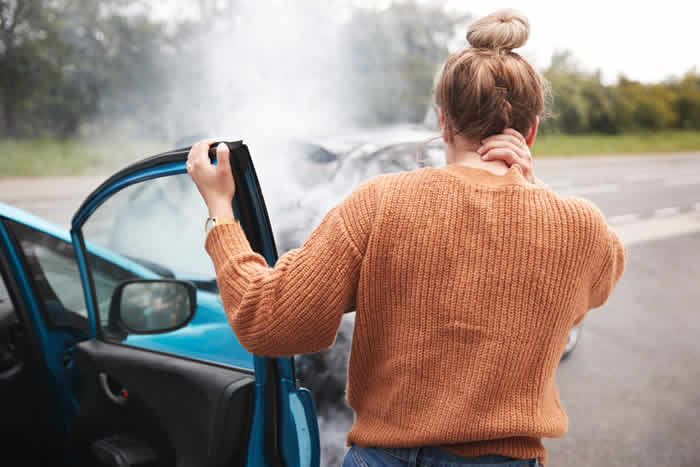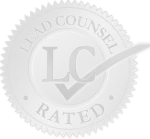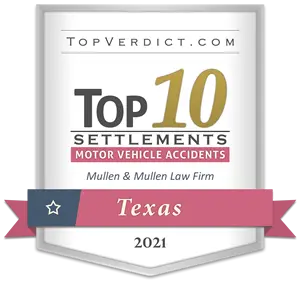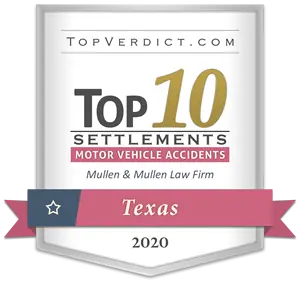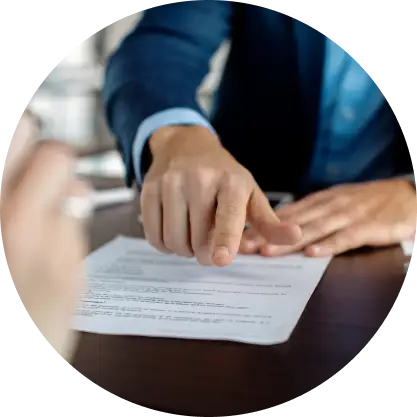What to Do Immediately After an Auto Collision
Verify your safety and the safety of any passengers.
Exit your vehicle when it’s safe to do so and verify if any other person(s) involved in the wreck have been injured. If anyone has sustained an injury you should immediately call 911.
Should I move my vehicle?
If possible you should avoid moving your automobile or allowing the at-fault driver to move their vehicle until after law enforcement officials have had the opportunity to examine the scene. Sometimes how the cars made contact can make all the difference in whether the insurance company accepts or denies your claim.
If the automobiles must be moved before law enforcement officials arrive, to protect your safety or the safety of others, be sure to take multiple photographs of all vehicles involved in the wreck before they are moved.
I didn’t get photographs of the at-fault driver’s vehicle. Could that hurt my claim?
Potentially. Often times the damage to your automobile might only be moderate, but the damage to the car that hit you might be more substantial. The insurance company loves to conveniently not take photographs of the at-fault driver’s car.
How Can We Help?
Mullen & Mullen can help if you failed to take photographs of the at-fault driver’s vehicle. We have an in-house accident investigator. We routinely send our investigator to locate the automobile that hit you, take photographs of it and of the collision site if needed.
We will immediately send a “demand to preserve evidence letter” to the at-fault party or parties, as well as their respective insurance companies, so that the responsible party won’t tamper with or destroy evidence that is in your favor. This evidence might include any and all photographs, as well as other documents, that could be critical to your insurance claim.
Should you call the police to the scene?
Yes. You should always attempt to have the Police investigate after a car accident. The results of the Officer’s investigation will be documented in a Texas Peace Officer’s Crash Report that could aid in establishing liability against the at-fault party or at-fault parties. If they try to make you simply exchange insurance information with the other drivers, you should specifically request that the police officer complete a Texas Peace Officer’s Crash Report.
If the Police refuse to investigate, you should exchange insurance information with the at-fault driver and obtain at minimum, the following additional information: their name, date of birth, address, and driver’s license number. Also get contact information from any and all witnesses.
Insurance companies sometimes even attempt to deny claims where people have been rear-ended. They can claim you stopped suddenly. They can claim their insured was faced with a sudden emergency. If they can find a reason to deny your claim they will. Do not assume, just because you were rear-ended, that you do not need to call Police out to investigate the wreck.
How Can We Help?
Our in-house investigator can quickly request and obtain the Texas Police Officer’s Crash Report arising from the motor vehicle collision that caused your injury at no up-front cost to you.
What information should you get from witnesses at the scene?
Do not assume it’s okay to simply write down the name and telephone number of a witness. Some names are very common. Phone numbers change all the time.
Important: You should get the witness to provide you with his or her date of birth and driver’s license number. If you have a recording function on your phone, consider asking the witness to make a statement at the scene.
How Can We Help?
Our investigator has been trained in establishing fault on the other parties involved in your motor vehicle crash. This generally includes:
- Interviewing and obtaining legally admissible fact affidavits from witnesses to your collision;
- Running public records searches; and
- Utilizing the Freedom of Information Act to obtain relevant documents associated with your wreck.
Should you tell people at the scene that you are injured, even if you are only a little bit sore?
Yes. This is because the truth is, you have been injured, even if you are only a little bit sore. If you have any pain whatsoever make sure to let law enforcement officials, as well as any emergency medical personnel, know that you are experiencing pain and discomfort.
Remember: Most people experience increased adrenaline and/or shock following a car accident which might mask pain or discomfort from their injury. In addition, many auto collision injury victims do not start to experience increased pain until a day or two after the collision.
Additionally, small children and infants can sustain injuries that are not readily apparent without professional medical attention. For instance, children under 1 year old are up to 4 times more susceptible to rib fractures than older children and such injuries may only be found by a doctor.
Should you seek medical attention as soon as you experience any pain or discomfort?
Yes. The insurance company could attempt to deny your claim if:
- You do not report an injury at the scene of the car wreck and delay seeking medical treatment;
- You report an injury at the scene but do not follow-up with a medical provider;
- You seek medical treatment but miss appointments and/or therapy sessions; or
- You have gaps in your medical treatment from your injury.
How Can We Help?
Our law firm has well-established relationships with medical doctors, chiropractors, surgeons, diagnostic facilities, hospitals / surgical centers, and pharmacies who can provide you with medical services and treatment at no initial cost to you. These medical providers, who typically specialize in treating accident injuries – will delay billing you for the services until your claim has concluded.
